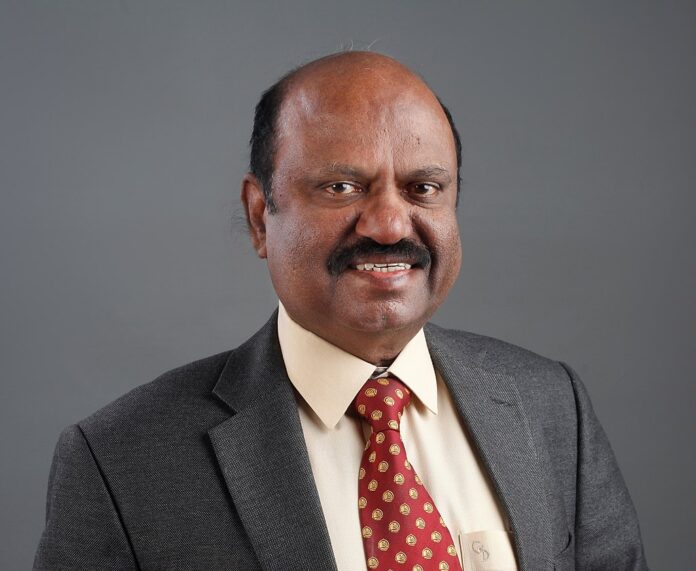Governor Bose seeks to address concerns and gather public opinion following high-profile case
In response to widespread protests and public outrage over the rape and murder of a trainee doctor at Kolkata’s R.G. Kar Medical College and Hospital, West Bengal Governor C.V. Ananda Bose has convened an emergency meeting with various representatives from Bengal society. This meeting aims to discuss the actions taken in the case and gather public opinions on the matter.
The emergency meeting follows a letter from former Indian cricketer Harbhajan Singh, who urged West Bengal Chief Minister Mamata Banerjee and Governor Bose to act decisively. The letter highlighted the urgency of the situation and the need for immediate intervention to address the grievances of the affected community.
Embed from Getty ImagesGovernor Bose’s initiative is part of a broader effort to address the crisis as health services across several states remain disrupted due to ongoing protests by doctors. The protests have called attention to the need for enhanced security and accountability in medical institutions.
The Supreme Court has also taken suo motu cognizance of the case, with a hearing scheduled for August 20. This move underscores the gravity of the situation and the judicial system’s commitment to ensuring justice.
Key Points:
- Emergency Meeting: Governor C.V. Ananda Bose has called a meeting with a cross-section of Bengal society to discuss the rape-murder case and seek public input.
- Public Outcry: Protests have erupted across West Bengal, with doctors and the public demanding justice and improved safety measures in medical institutions.
- Harbhajan Singh’s Appeal: The former cricketer’s letter has added to the pressure on the state government to address the issue promptly.
- Supreme Court Involvement: The Supreme Court is set to review the case, reflecting the high level of concern surrounding the incident.
Analysis:
Political: The Governor’s emergency meeting reflects the political sensitivity of the case and the pressure on state officials to respond effectively to public demands. The involvement of high-profile individuals like Harbhajan Singh highlights the case’s national significance.
Social: The case has sparked widespread outrage and protests, emphasizing issues related to safety, security, and justice in medical institutions. The public’s response underscores the need for systemic changes to prevent such incidents.
Economic: Disruptions in health services due to protests have broader implications for public health and the functioning of medical institutions. Addressing these issues promptly is crucial to restoring normalcy and maintaining trust in the healthcare system.
Racial: The racial dimension of the case is not explicitly addressed in the current context. However, the case’s impact on marginalized communities and the need for equitable treatment are important considerations.
Gender: The rape and murder case highlights critical issues related to gender-based violence and the safety of women in various sectors. The public and governmental response will be closely watched for its effectiveness in addressing these concerns.
